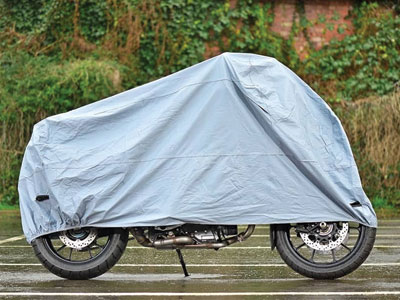In most countries, having a car insurance is compulsory. To be able to drive your car legally, you need to take out car insurance. By definition, car insurance is an essential insurance that aims to protect the driver of a car against the effects of material damage, for example in case of a car accident. It insures the person against the physical consequences caused by their car to a third party. Before taking out this insurance, one must choose between the formulas offered by the insurer, namely: third-party insurance, comprehensive insurance, intermediate insurance, etc.
Brief overview of car insurance
Car insurance is a compulsory step for driving legally in a territory. If a person’s car is not insured, he or she will be prosecuted, as it is an offence not to have car insurance. In principle, the important function of car insurance is to provide compensation for personal injury or property damage caused by the driver’s car. After taking out insurance, the insurer’s role is to cover the costs incurred as a result of an injury caused to a person. For example, medical or hospital costs, etc. Once the insured has signed the insurance contract, the insurer is obliged to cover also the material damage caused by the policyholder’s vehicle in a car accident. For example, if the policyholder’s car has hit a house or another car, the insurer must compensate the victim for the material damage. There are several mutual insurance companies in the field of car insurance, and it is advisable to evaluate the different offers made by the insurer before signing the contract. On the other hand, there is a cheap car insurance offered by some insurers. In general, there are three main types of car insurance: third party, comprehensive and intermediate.
Third party car insurance
This is a minimal form of insurance that is legally required for a car. It is the choice of many policyholders because it is more economical. As it is cheaper, the compensation by the insurer in case of an accident is also minimal. Indeed, the compensation guarantee of this third-party insurance only compensates for material and bodily damage caused to a third party. However, the insurer does not cover material or physical damage caused directly to the driver. In this situation, the insured must take out individual or third-party collision insurance against the driver. The price of third-party insurance varies according to the insurance company. The cost of this insurance also depends on the type of car to be insured. In this case, it is essential to make a price comparison in order to benefit from a cheaper insurance contract. In addition, this cheap insurance is particularly ideal for young drivers and older cars. Third party insurance is perfect for vehicles that are driven infrequently, as the risks are minimal. Finally, this type of insurance is more advantageous because it is more affordable, but the guarantees are limited.
Comprehensive insurance
This insurance is a higher range of car insurance. It is the most comprehensive coverage, as it covers not only damage to a third party, but also damage caused by the driver. For this reason, the price of this insurance is more expensive than third party insurance. Most comprehensive insurance plans cover all damage caused by the vehicle, regardless of who is responsible. However, before carrying out the compensation operation, the insurer will draw up a car insurance quote in order to assess the damage caused. Various offers are made by an insurance company, so it is necessary to compare the price before signing the insurance contract, as not all comprehensive insurance policies offer the same compensation guarantees. When taking out a policy, you should be careful to check the guarantees offered by comprehensive insurance.
Intermediate insurance or tailor-made car insurance
If you want to have more coverage but pay less, intermediate car insurance is the ideal solution. The main features of this type of insurance are optional cover, such as fire theft, collision damage, natural disaster or storm cover, glass breakage cover, etc. It is more beneficial, but it requires certain criteria. It is necessary to take out additional cover. For example, third-party insurance for fire theft is a better compromise between comprehensive and third-party insurance. In this situation, it is important to be well informed to avoid pitfalls. The price of this intermediate insurance is higher than the price of third-party insurance, but cheaper than comprehensive insurance. It is advisable to use an insurance comparator to find out the different rates for a car estimate.



